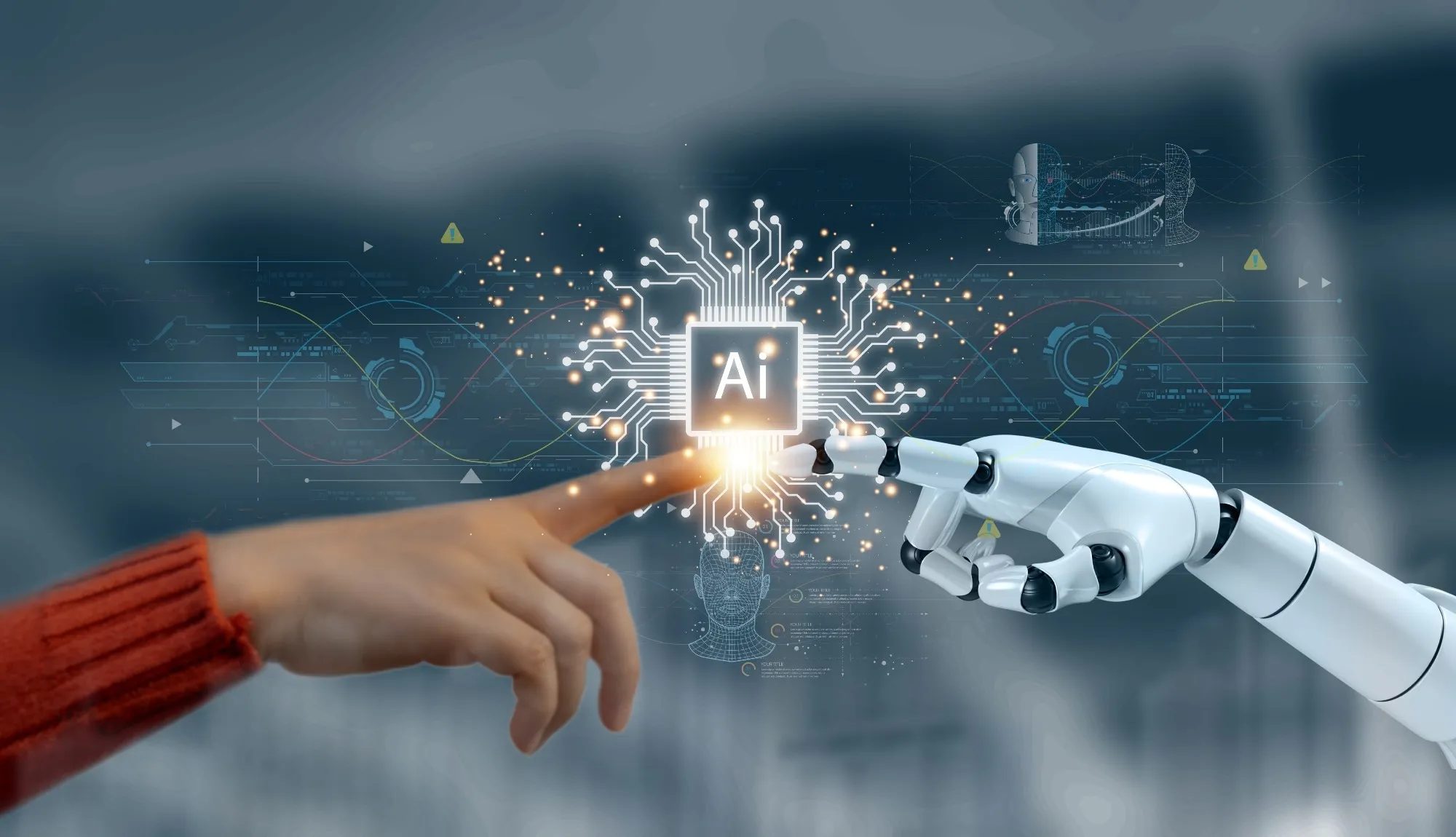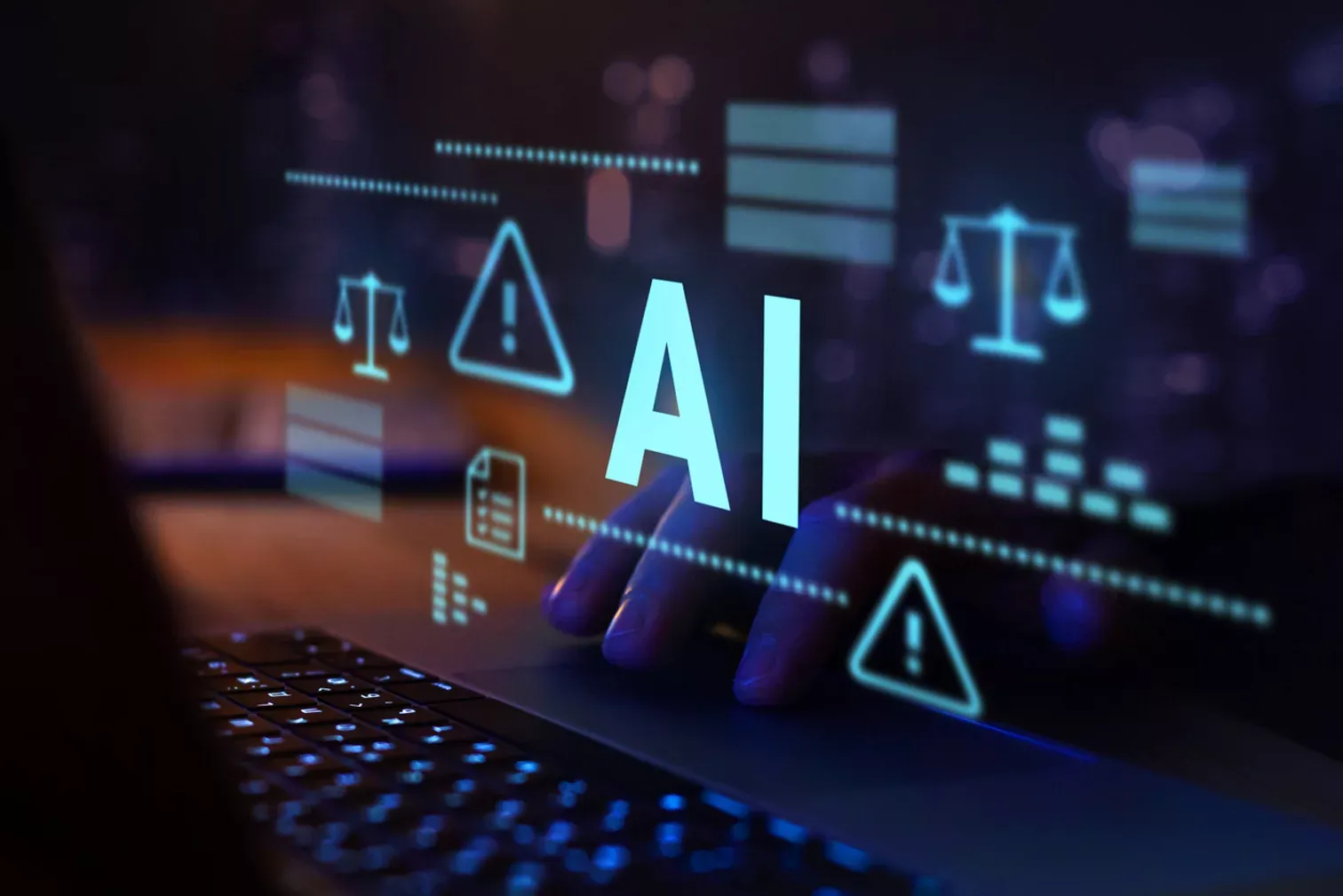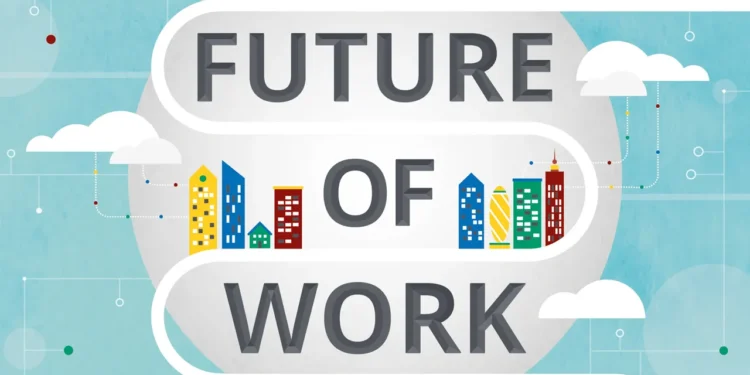The future of work as we know it is about to undergo a massive transformation, and it’s not just about the rise of machines—it’s about humans stepping into the role of boss. Microsoft has big plans for what they call “frontier firms,” a new kind of business model where employees are no longer merely workers—they are managers of AI agents, directing them to accomplish tasks in the workplace.

This concept, as outlined by Microsoft’s Jared Spataro in a recent blog post, could change the way businesses operate in profound ways. According to Spataro, in the future, every employee will be an “agent boss,” someone who not only works with AI but leads it, much like a CEO overseeing their team of digital agents.
The Rise of the “Agent Boss” – What It Means for the Workforce
“As agents increasingly join the workforce, we’ll see the rise of the agent boss: someone who builds, delegates to, and manages agents to amplify their impact and take control of their career in the age of AI,” Spataro writes.
Microsoft envisions that in the next five years, every organization will be transitioning to what they call a frontier firm. These firms will be fundamentally different from those of today. Rather than relying on a traditional workforce structure, frontier firms will be powered by “on-demand intelligence,” with AI agents handling everything from compiling sales data to creating financial projections, enabling businesses to operate with agility and scale rapidly.
According to Microsoft’s annual Work Trend Index report, these AI-powered organizations will “generate value faster,” thanks to the ability to delegate tasks to digital colleagues who work tirelessly behind the scenes. This evolution is expected to take place in three phases:
- Phase One: Every worker will have an AI assistant to handle simple tasks.
- Phase Two: AI agents will become “digital colleagues,” joining teams to manage specific tasks and projects.
- Phase Three: Human employees will step into the role of manager, setting the direction for their AI agents, who will then handle workflows and business processes autonomously.
AI’s Impact on Knowledge Work: A New Era for Professions
Microsoft predicts that the impact of AI on knowledge work—fields that include everything from science and law to education and business—will evolve similarly to how AI has already revolutionized software development. Just as AI tools today assist in coding, soon AI agents will be responsible for carrying out more complex tasks, allowing humans to step into higher-level roles of direction and oversight.

Take, for example, a worker in the supply chain industry. Microsoft suggests that AI agents could take charge of logistics, handling everything from shipments to inventory management. The human worker, meanwhile, would focus on guiding the system and managing relationships with suppliers, ensuring the business functions smoothly while AI handles the heavy lifting.
This shift in roles is already underway with products like Microsoft’s Copilot Studio, which allows businesses to deploy AI agents to carry out a variety of tasks, from scheduling meetings to managing client communications. Consulting firm McKinsey, an early adopter of these tools, is already using AI agents to streamline operations.
The Economic Impact: Will AI Replace Jobs or Create New Ones?
While Microsoft is optimistic about the productivity boost that AI agents will bring, there are significant concerns regarding the future job market. The rapid advance of AI technology raises a number of economic and policy challenges, particularly in terms of job displacement.
The UK government-backed International AI Safety report warns that AI agents, as they become more capable, could lead to widespread job losses. The International Monetary Fund (IMF) estimates that 60% of jobs in advanced economies like the US and UK are exposed to AI, with many of these jobs potentially being affected negatively by automation.
However, the situation is not entirely bleak. The Tony Blair Institute, a proponent of AI integration, acknowledges the potential for job displacement but also believes that AI will create new roles. They predict that while up to 3 million private-sector jobs in the UK could be displaced by AI, this number will likely be in the low hundreds of thousands in the long term as new jobs emerge alongside the technological shift.
The Risks and Rewards of AI-Driven Workplaces
As organizations embrace AI, there is a growing temptation to replace human workers with digital agents in a bid for greater efficiency and reduced operational costs. But this shift comes with risks. Dr. Andrew Rogoyski, a director at the Surrey Institute for People-Centred AI, points out that this reliance on AI could result in the loss of crucial knowledge within companies.

“The temptation will be to use AI workers to displace human effort as companies strive to become more efficient,” Rogoyski notes. “The danger of replacing humans with AI, apart from the socio-economic impact, is that we lose the knowledge in people’s heads that sustain companies, create innovative products, and build meaningful relationships with customers and suppliers.”
What’s Next? Preparing for the Era of AI Employees
Microsoft’s vision of frontier firms and AI-managed workplaces raises important questions about the future of work. Will we all soon be managing a team of AI agents? Will these digital employees become a key part of every organization’s workforce? The answers are still unfolding, but one thing is clear: the workplace of tomorrow will look vastly different from what we know today.
As businesses and employees prepare for this brave new world of AI-driven work, it’s clear that the role of the human worker will evolve. Instead of worrying about being replaced, the future of work may just require us to step into the role of “agent boss” and lead a new generation of AI employees.










